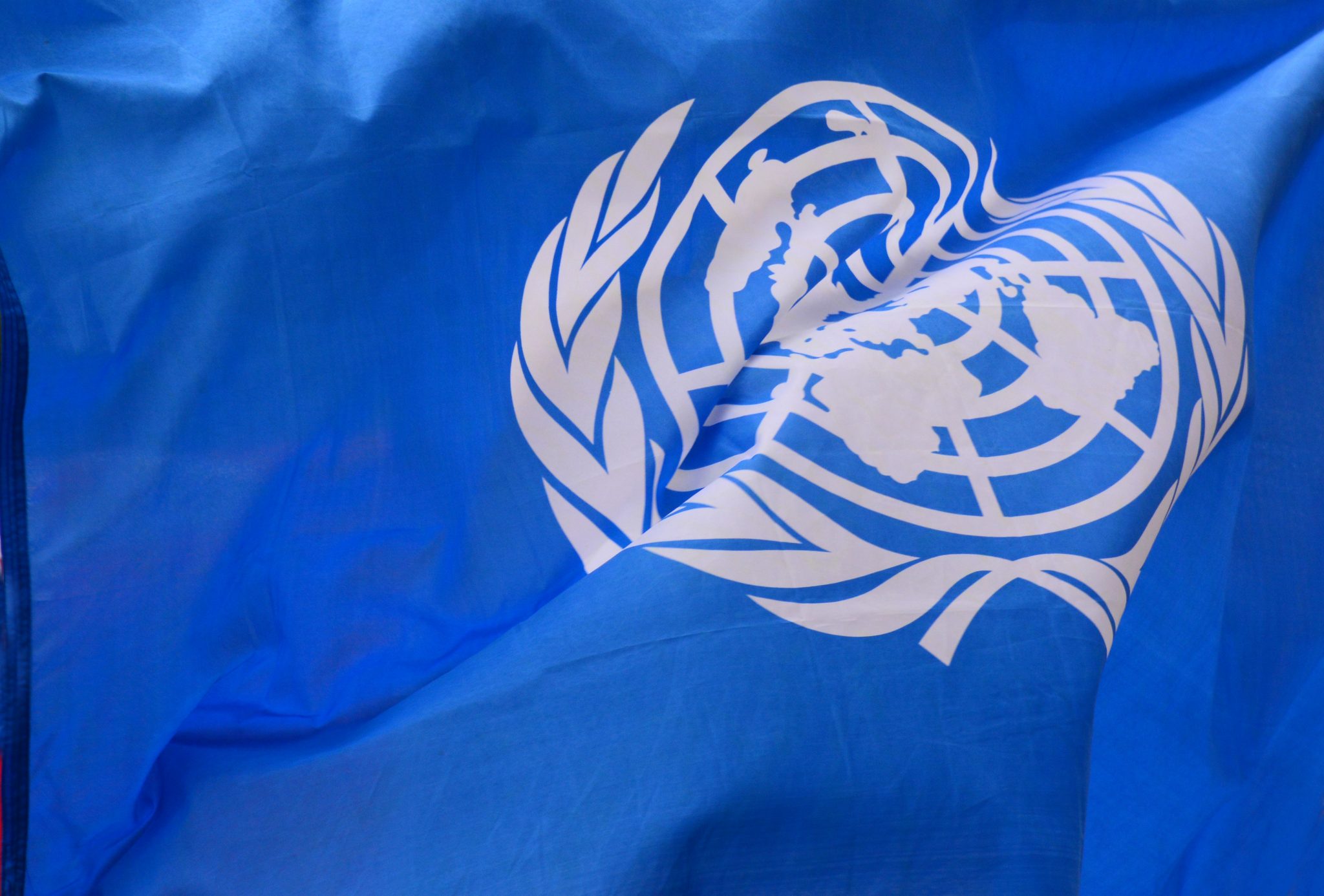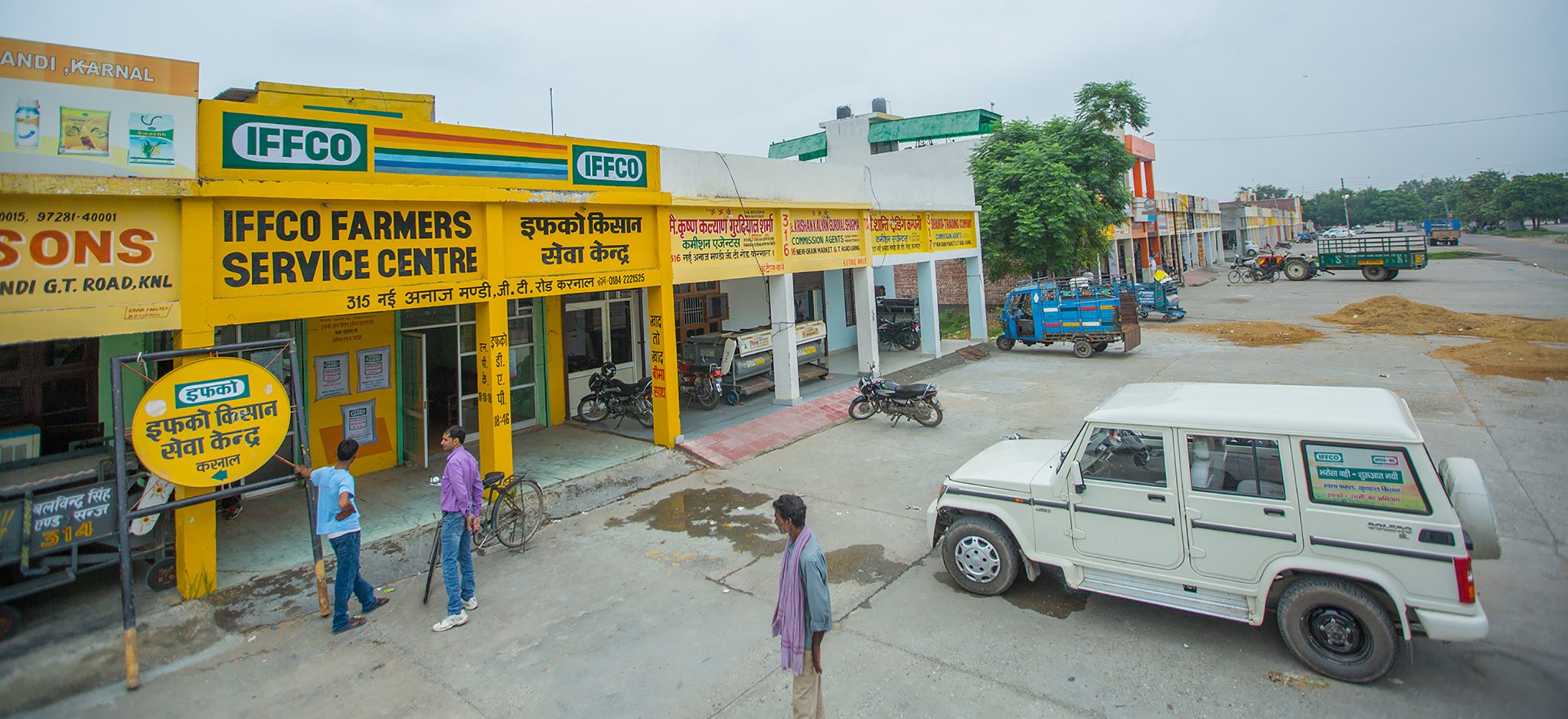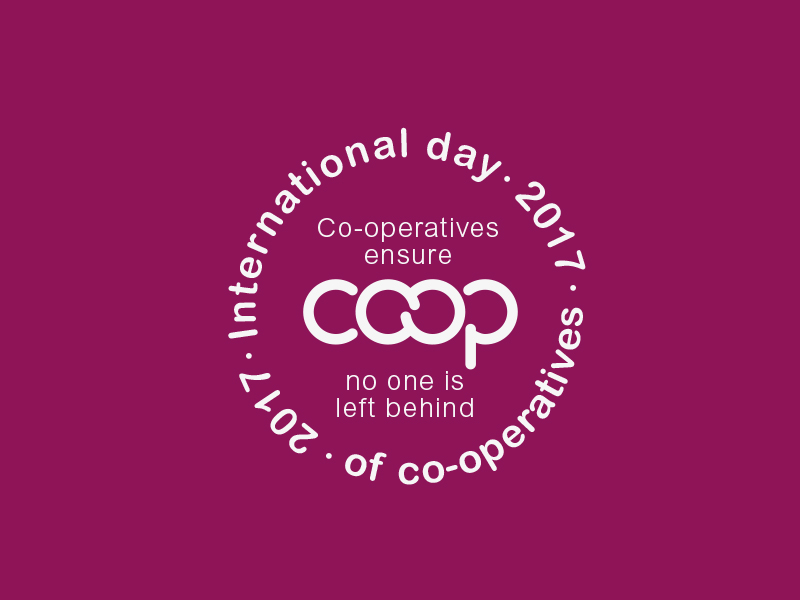History of the Bank - A.P.
Mahesh Co-operative Urban Bank Limited
GENESIS
A.P. Mahesh Co-operative
Urban Bank Limited is India's premier Urban Co-operative Banking Institution.
The Bank has attained this premier position without compromising the spirit of
co-operative principles, while at the same time striving to assimilate and
implement newer methods of work organisation and management, with a firm
commitment to its objectives.
REGISTRATION AND COMMENCEMENT OF OPERATIONS
A P Mahesh Co-operative
Urban Bank Ltd. (popularly known as Mahesh Bank) was registered as a Primary Co-operative Society on 30th June,
1977. The Bank has commenced its operations on 9th August, 1978.
The Bank was accorded
SCHEDULED STATUS by Reserve Bank of India from 26th October, 1996 - the first
Co-operative Bank to be accorded this status in the entire South India. Dr C.
Rangarajan, the then Governor, Reserve Bank of India graced the occasion. The
Bank has been registered as a Multi-State Co-operative Bank under the
Multi-State Co-operative Societies Act, 1984 with effect from 30.05.2001 -
again the first Co-operative Bank to achieve this coveted position in South
India.
BRANCH EXPANSION
Mahesh Bank presently
has 44 branches - 34 in the twin cities of Hyderabad and Secunderabad and one
each at Khammam, Warangal, Karimnagar in Telangana State, Vijayawada, Guntur,
Rajahmundry, Visakhapatnam, in Andhra Pradesh State, Jaipur & Bhilwara in
Rajasthan and Mumbai in Maharashtra State.
Reserve Bank of India
acceded to the request of the Bank to open 1 more branch in the State of
Telangana.
AWARDS
The Bank bagged the
"SPECIAL AWARD"
in 77th ALL INDIA INDUSTRIAL EXHIBITION held at Hyderabad during 1.1.2017 to
15.02.2017 for its exemplary participation and personalised services rendered
to its customers.
One more feather on the
cap of the bank for having Award Award for "BEST MOBILE APP" and "BEST e-PAYMENTS AWARDS” by the Banking Frontiers, (India’s first
publication of its kind on Banking Technology and Business issues) at a
function held at Jaipur – Rajasthan on 9th September, 2017.
AUTOMATION:
Mahesh Bank is the first
Co-operative Urban Bank in the States of Telangana and Andhra Pradesh:
§ to offer Core Banking Solutions(CBS),
Bancassurance, Mutual Funds, Direct RTGS/NEFT, e-Seva, RuPay ATM-cum-Debit Card
facilities.
§ to offer IMPS – Merchant Payment Service – for
online payment of Electricity, Telephone Bills and booking flight, bus and
hotel bookings.
FOREIGN EXCHANGE TRANSACTIONS:
The Bank has been
granted license to undertake money transfer business and specified non trade
current account transactions by the RBI as Authorised Dealer
Category-II.Mahesh Bank is the
first Co-operative Urban Bank to get thi licence in the States of Telangana
& Andhra Pradesh.
CAPITAL ADEQUACY NORMS:
The Capital to Risk
Weighted Assets Ratio (CRAR) of the bank stood at 19%% as on 31-3-2017 as
against a minimum stipulation of 9% prescribed by RBI.
VISION
“To make brand “MAHESH
BANK” synonymous to trust and reliability, to be a leader amongst the Multi
State Scheduled Co-operative Banks in the whole of South India, to render
excellence and personalized services and to contribute to Co-operative
movement, making credit available to the customers, more particularly to
Individuals, SMEs, thereby contributing to their growth and striving to
maintain Net NPAs at 0% level” throughout.
MISSION
By the year 2020, Mahesh
Bank aims to achieve ambitious Business target of Rs. 10,000 crores, Profit of
Rs. 100 crores, Low cost deposit ratio of 30%, CD ratio of 70%, Gross NPAs to
be maintained below 3%, Net NPAs at '0%' and 100 Branch and ATM network.
TARGET FOR THE YEAR ENDING 31.03.2018
Mahesh Bank has set to
scale new heights. By the financial year end 31.03.2018, the Bank's ambition is
to achieve Rs.3800 crore business & net NPAs continue to be maintained at
"0%" level.
FUTURE PLANS
Every effort is being
made to achieve the mission – 2020 & to introduce e-KYC, Bharat Bill
Payment System, Tablet/Agent Banking & Unified Payments Interface(UPI)
system.
Objectives
The principal object of
the Bank will be to promote the interests of all its members to attain their
social and economic betterment through self-help and mutual aid in accordance
with the Co-operative Principles.
The objects of the Bank
shall be to engage in any one or more of the forms of business enumerate in
Section 6 as amended by Section 56 of the Banking Regulation Act, 1949 and in
particular to carry out the following forms of business:
§ To do banking business on Co-operative
Principles by accepting for the purpose of lending or investment of deposits of
money from members as well as the public, repayable on demand or otherwise and
withdrawable by cheque, draft, pay order or otherwise.
§ To raise funds by issue of shares and/or any
other securities as permitted by the Regulatory Authority.
§ To encourage thrift, self-help and co-operation
among members.
§ To prevent members from falling into permanent
indebtedness and to assist them financially in times of difficulty and to help
them to get out of debt.
§ To engage in any one or more of the following
forms of business namely:
(i) The borrowing, raising or taking up of money;
(ii) The lending or advancing of money to members either upon or without
security;
(iii)The drawing, making, accepting, discounting, buying, selling, collecting
and dealing in bills of exchange, hundies, promissory notes, coupons, drafts, bills
of lading, railway receipts, warrants, certificates, scrips and other
instruments and other securities whether transferable or negotiable or not;
(iv)The granting and issuing of letters of credit, travellers` cheques and
circular notes and to do all forms of foreign exchange business;
(v) The buying, selling and dealing in bullion and species on behalf of member
customers;
(vi)The acquiring, holding, issuing on commission, underwriting and dealing in
stock, funds, shares, debentures, debenture stock, bonds, obligations,
securities and investments of all kinds;
(vii)The purchasing and selling of bonds, scrips of other forms of securities
on behalf of constituents or others, the negotiating of loans and advances.
(viii)The receiving of all kinds of bonds, scrips and valuables on deposit or
for safe custody or otherwise;
(ix)The providing of safe deposit vaults;
(x) The collecting and transmitting of money and securities;
(xi) Acquiring and holding and generally dealing with any property or any
right, title or interest in any such property which may form the security or
part of the security for any loans and advances or which may be connected with
any such security;
(xii) Carrying on and transacting guarantee and indemnity business, on behalf
of the constituents in the ordinary course of banking business and to provide
necessary cash margin to facilitate such business;
(xiii) Opening Branches, Extension Counters and Sub-Officers or any Office and
ATM centers or to have arrangement of ATMs of other Banks etc. as per the norms
of the Reserve Bank of India.
(xiv) Subject to the previous approval of the Central Registrar establishing
and supporting or aiding in the establishment and support of associations,
institutions, funds, trusts and conveniences calculated to benefit members,
employees, ex-employees of the bank or the dependents or connections of such
persons granting pensions and allowances and making payments towards insurance,
subscribing to or guaranteeing monies for charitable benevolent object or for any
exhibition or for any public, general or useful object;
(xv)Undertaking and executing trusts, undertaking the administration of estates
as an executor, trustee or otherwise, with the previous permission of the
Central Registrar;
(xvi)The acquisition of land/buildings, construction, maintenance and
alteration of any land/building or works necessary or convenient for the
purposes of the Bank;
(xvii) To act as Insurance Agent as per norms of RBI and IRDA;
(xviii)To promote one or more subsidiary institutions which may be registered
under any law for the time being in force for the furtherance of its stated
objects;
(xix) Any other form of business which the Central or the State Governments may
specify as a form of business in which it is lawful for a banking institution
to engage;
(xx) Doing all such other things as are incidental and conducive to the
promotion or advancement of the business of the Bank;
§ To amalgamate with another Bank with same or
similar objects;
§ To engage in Credit/Debit cards;
§ To do merchant banking business;
§ To takeover another society with similar object;
§ To develop market information system, logo brand
promotion, quality control and technology up gradation;
§ To enter into participation, consortium
arrangement with bank/s or financial institutions with objects of making loans
and advances;
§ To act as agents for collection of moneys of
various government quasi government and statutory bodies.







